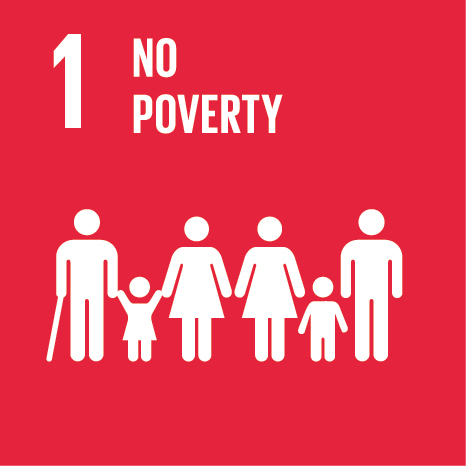Ciência_Iscte
Publications
Publication Detailed Description
Disentangling the relation between wealth and contraceptive use in India: a multilevel probit regression approach
Journal Title
Quality and Quantity
Year (definitive publication)
2014
Language
English
Country
Netherlands
More Information
--
Web of Science®
Scopus
Google Scholar
This publication is not indexed in Overton
Abstract
This paper discusses the poverty-wealth impact on contraceptive use both at individual and community levels. A multilevel probit regression framework was set up to explain the use of contraceptive methods. We use data from the Indian 2005–06 National Family Health Survey (NFHS). It contains data on both the socio-demographic and health characteristics of Indian women, as well as an assembled measure of household wealth: the wealth index. The individual-level model confirms the association between contraceptive use and wealth. When controlling the community level, i.e. where the women live, the multilevel regression results show it has a significant effect on contraceptive use, explaining 19 % of the total variance. Finally, decomposing the wealth index at individual and community levels (average community wealth; individual centered wealth values), the effect of the community poverty-wealth level is significant and positive. To sum up, this framework of nested models reveals the significant effect of the community’s poverty-wealth dimension on each woman’s decision about contraception and suggests that the longstanding urban-rural differential in the contraceptive prevalence is mainly poverty-wealth driven.
Acknowledgements
--
Keywords
Multilevel models; Probit regression; Contraceptive use; India; Poverty
Fields of Science and Technology Classification
- Mathematics - Natural Sciences
- Other Social Sciences - Social Sciences
Contributions to the Sustainable Development Goals of the United Nations
With the objective to increase the research activity directed towards the achievement of the United Nations 2030 Sustainable Development Goals, the possibility of associating scientific publications with the Sustainable Development Goals is now available in Ciência_Iscte. These are the Sustainable Development Goals identified by the author(s) for this publication. For more detailed information on the Sustainable Development Goals, click here.

 Português
Português




